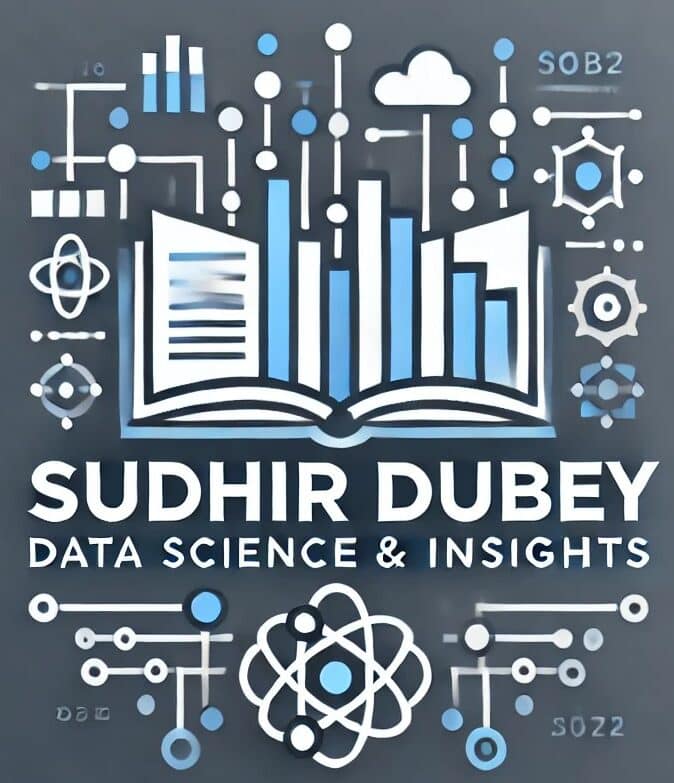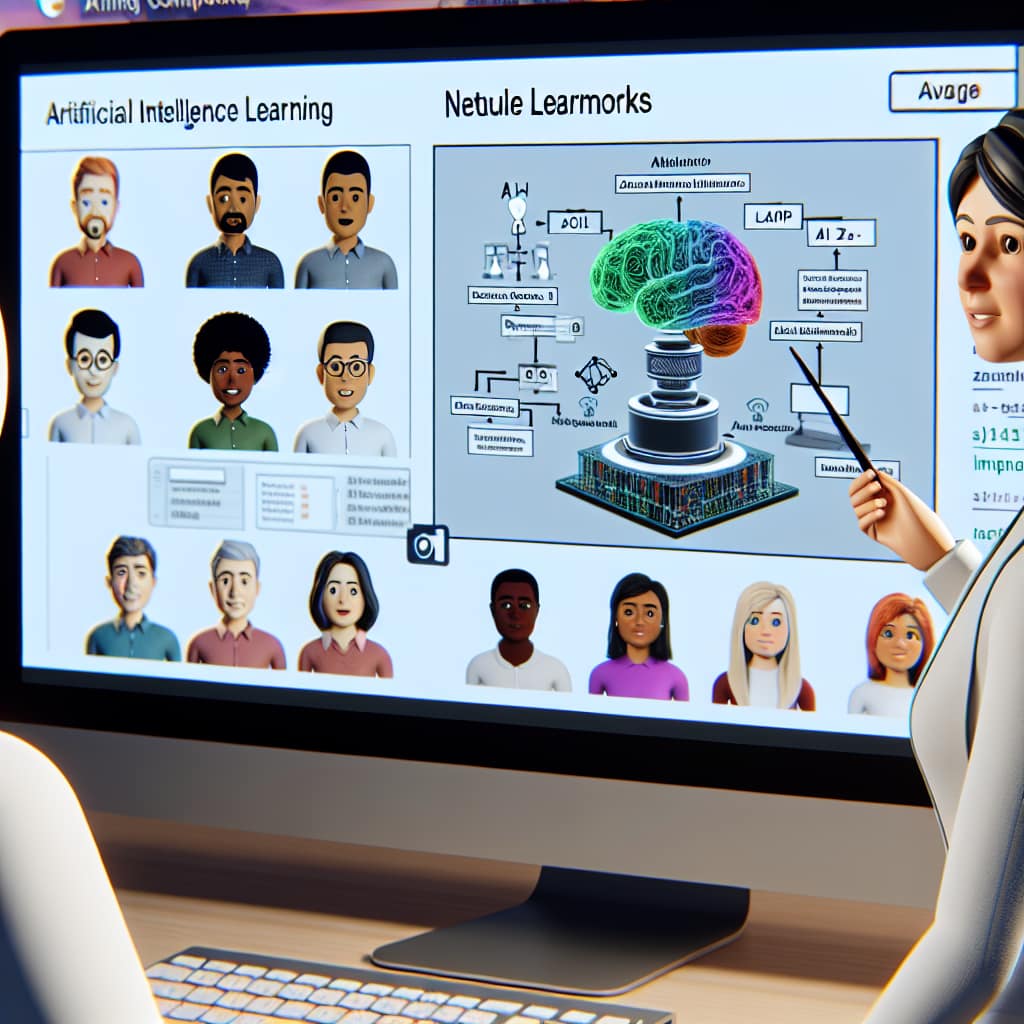AI Literacy in 2025: Essential Skills for the Modern Workforce
In the fast-evolving landscape of technology, AI literacy is no longer a niche skill but a necessity for the modern workforce. By 2025, the integration of artificial intelligence (AI) across industries will be indispensable, making it crucial for professionals to develop AI skills. Whether you’re a seasoned data scientist, an AI enthusiast, or a learner eager to make a mark in this field, understanding AI’s role and mastery of its tools are vital. This article delves into building AI literacy, essential skills, and effective workforce training methods. We explore advanced applications, provide real-world examples, and discuss trends to equip you for future challenges.
Table of Contents
Understanding AI Literacy
AI literacy refers to the understanding of AI principles, the ability to work effectively with AI systems, and the comprehension of its implications in various domains. It necessitates a blend of technical knowledge, critical thinking, and ethical considerations. For professionals, it’s not only about knowing how AI tools function but also realizing their potential and limitations. As AI continues to revolutionize industries, this literacy becomes indispensable for those seeking to innovate and remain competitive.
Essential AI Skills for 2025
Data Analysis and Interpretation
Data is the lifeblood of AI. Being adept at analyzing and deriving insights from data is crucial. Skills like data cleaning, visualization, and statistical analysis lead to informed decision-making and effective AI model training.
Machine Learning and Deep Learning
Understanding machine learning algorithms and deep learning frameworks is essential. Proficiency in tools like TensorFlow or PyTorch and familiarity with supervised, unsupervised, and reinforcement learning types can significantly boost one’s capability to develop innovative solutions.
Programming Skills
Coding is fundamental to AI development. Languages like Python and R are popular due to their extensive libraries and ease of learning, making them crucial skills for anyone involved in AI.
AI Ethics and Governance
As AI’s influence grows, so does the need for ethical understanding. Knowledge about AI bias, privacy concerns, and governance frameworks ensures responsible AI deployment.
Workforce Training Strategies
Effective training programs are pivotal in enhancing AI literacy in the workforce. Tailored workshops, online courses, and bootcamps can address specific organizational needs. Emphasizing practical experience through projects and collaborations with AI experts can deepen understanding and foster innovation. Companies can adopt hybrid training models, combining self-paced online materials with interactive sessions, ensuring comprehensive learning.
Real-World Applications and Case Studies
AI is reshaping industries from healthcare to finance with transformative solutions. For instance, in healthcare, AI-driven predictive models improve patient outcomes by predicting diseases. In finance, AI algorithms enhance fraud detection accuracy, saving billions annually. Such applications demonstrate the need for AI literacy among professionals to harness and apply AI technologies effectively.
Future Trends in AI Literacy
The future of AI literacy will likely involve more personalized learning experiences, empowered by AI itself. Adaptive learning platforms can tailor education to individual needs, speeding up the acquisition of AI skills. Furthermore, collaboration between academia and industry will increase, ensuring that curricula remain relevant to evolving market demands. As AI continues to grow, staying current with advancements will be crucial for career longevity.
FAQs
Why is AI literacy important for the modern workforce?
AI literacy equips professionals with the skills to innovate, adapt, and make informed decisions in an AI-driven world, enhancing both individual and organizational competitiveness.
What are the core AI skills needed in 2025?
Core skills include data analysis, machine learning, programming, and AI ethics, which enable individuals to develop, implement, and govern AI technologies responsibly.
How can organizations improve AI literacy within their workforce?
Organizations can promote AI literacy by implementing comprehensive training programs, providing access to AI tools, and encouraging continuous learning and collaboration.
Conclusion
AI literacy is not just a skill set; it’s a cornerstone of modern professional development. Building these essential skills ensures that individuals and organizations can navigate and excel in an increasingly AI-dominated world. Staying attuned to emerging trends and continually enhancing one’s knowledge will be key drivers of success. To deepen your understanding of AI and prepare for the future, we invite you to subscribe to our updates and explore our extensive resources on AI Blogs, GenAI Blogs, and Data Science Blogs.



